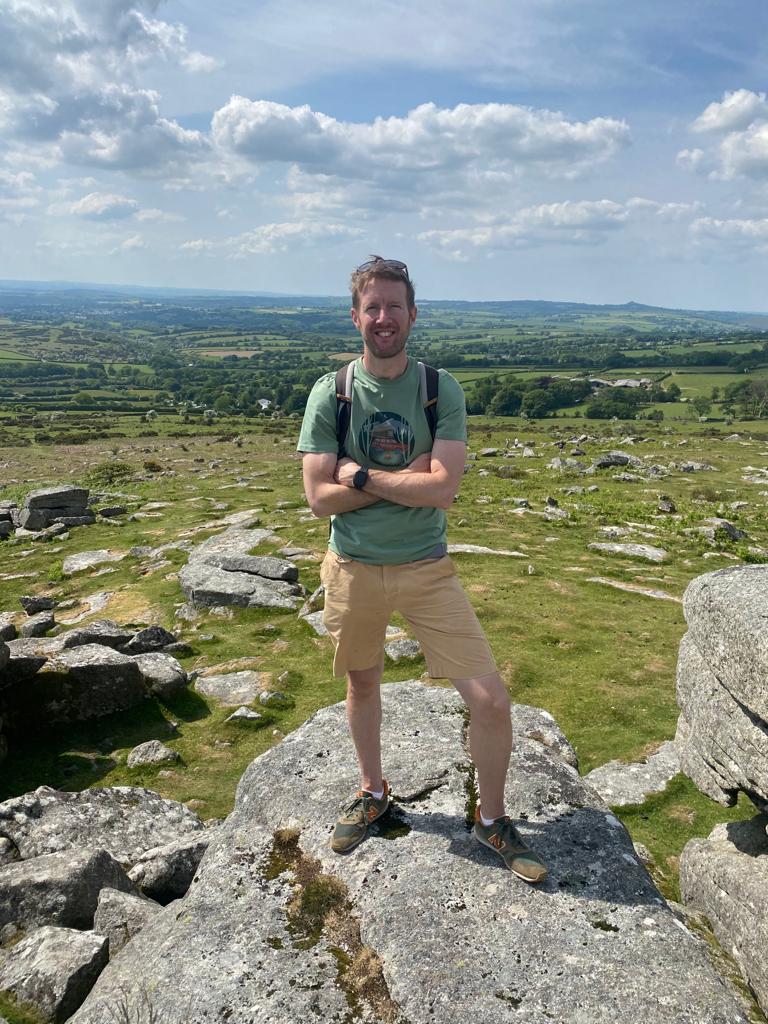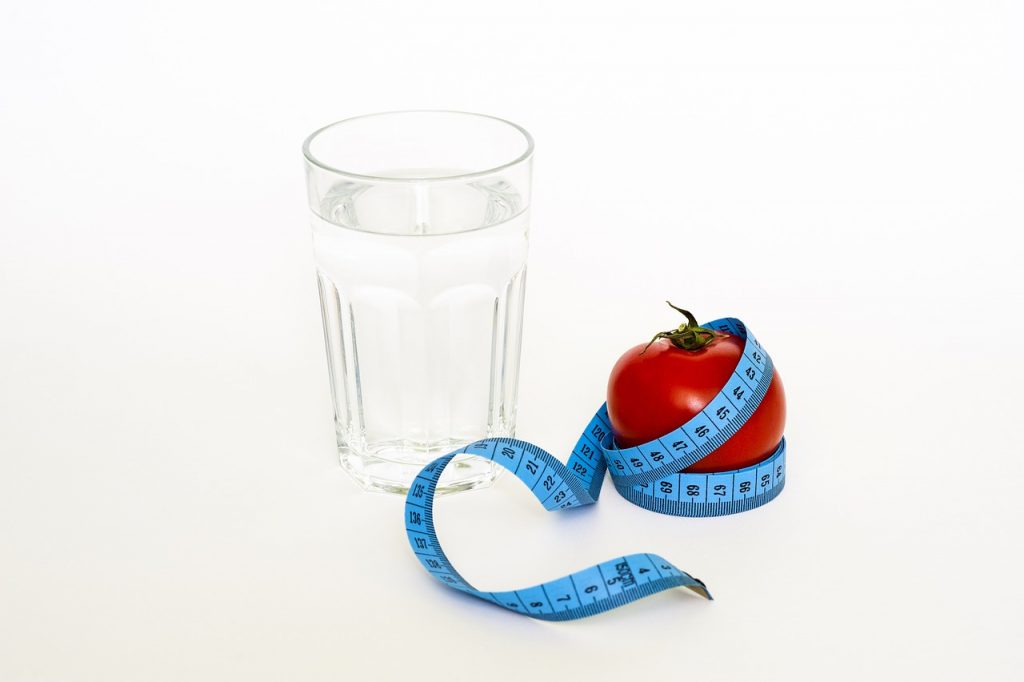The Coastal Cardiology members site is a private area of my website with a difference.

If you are someone with an interest in the medical world, particularly anything heart related, or perhaps you want to optimise your life to live with good health for as long as you are able, this could be for you.
I first started writing a weekly heart health blog in 2018 on the advice of a friend. It was not something I had thought of before, and I wasn’t sure if it would be well received. I have always been up for trying new things however, so I just started writing.
Each week I would cover a different heart condition, or an interesting patient I had seen, or a research article I had read. By 2023 thousands of people had read my blogs, and the feedback was so positive I decided to develop a subscription-based members area so that I could spend more time on it, deliver even more content to my readers each week whilst developing an indexed library for reference.
Join NowWhat topics do I cover?
| Heart Failure | Angina | Heart Attacks |
| Inherited heart conditions / cardiomyopathy | Valvular heart disease / heart murmurs | Blood pressure |
| Heart Rhythm | Cardiac Devices | Congenital heart disease |
| Preventative Cardiology: Nutrition & Supplements | Preventative Cardiology: Exercise | Genetic Testing / heart age test |
| Women and heart disease | Medications | …and more! |
So what’s it all about?
At the time of writing I have been a doctor for over 23 years, and a consultant cardiologist for nearly 10. In addition to my professional career interests, I am fascinated in my own life about how I can use science to tip the odds in my favour of good health as I get old.

My research degree at University College London was in the field of genetics, and my own family history is a little chequered: strokes at a young age, cancer, high blood pressure and dementia all feature. However just because I have family members with these conditions and may be genetically pre-disposed to them, that does not mean they will be my fate. In fact, studies in identical twins clearly show that better health outcomes can be had by living a healthier life (despite sharing DNA, the incidence of heart disease and cancer for example can be much lower in a clean-living twin compared to their sibling with a poor lifestyle). If you have a particular medical problem in your family, it does not necessarily mean that will affect you too.
I strongly believe that good health can be had in our later years, and I live my own life in a specific way to improve my chances. What do I mean by this? Firstly, different people will have different views on what good health is, or more importantly, what it means they can do. I encourage my patients, my family, and my website members to really think about what is important to them as they age.
Be specific. In your last 10 years on this planet, what do you want to be able to do? In my case, here are some simple examples:
I like to play golf, and want to play into my 80s and beat my age.
If I’m lucky enough to have grand-children, I want to play with them.
I want to go on holiday carrying my own luggage.
I want to be able to walk up a mountain at a good pace.
I’d love to ski at 70.
Each of these activities has a different component of exercise associated with it including strength, aerobic endurance and flexibility. Each of these components will inevitably get worse as I age. However, the rate at which they decline can be slowed by the right training. In my mid-40s, I need to be incredibly fit, strong and flexible so that even with a decline I can still perform as I want to in my mid-80s.
This isn’t just my opinion, there are many quality medical research studies to back it up. Did you know that if you are in the top 5% fittest people in your age group (and trust me, that’s actually not that high a bar even though it sounds it) your risk of dying over the next 10 years is 5x less than someone of low fitness! However even if you’re never going to be the fittest, the improvement in risk at the lower end of the scale is even more pronounced: going from being low fitness to below average reduces your chance of dying by 50% over a decade! Going from low fitness to above average is up to a 70% reduced risk of dying!
Let’s put that in context: those are better odds than someone with each of coronary artery disease, high blood pressure or diabetes has, just by getting fitter. It’s not much fitter in the scheme of things too, and nearly everyone is capable of making these gains.
The reality is that many people do suffer with some form of heart disease. Cardio-vascular disease is the number one cause of death in the world, so if it doesn’t affect you, you will know someone who it does. In today’s world Dr Google is a common source of medical information, but it is often conflicting, hard to understand, and sometimes plain wrong.

Googling such questions as ‘When / how should you treat blood pressure?’ ‘When / how should you treat cholesterol?’ ‘How to tell if your heart arteries are getting furred up?’ ‘What are the causes of chest pains / palpitations / breathlessness and when to worry?’ is therefore often a lottery.
When I consult with patients, I make a point of explaining their condition and symptoms in simple, easy to understand language using diagrams and videos where appropriate. I also use this approach in my weekly written blogs and videos, building a comprehensive library where members can read and view easily digestible information on all things heart related from blood pressure to palpitations, heart attacks to aneurysms. Well informed people and patients are much more likely to make better lifestyle decisions.
How do we do it though?
Life is busy. Fad diets don’t work. Exercise is boring…
There are so many differing opinions online on what the best diet is; what the best work-out is; what supplements to take…. the list goes on. My view is that there is no ‘best’, it depends who you are. We are each unique, and will have a unique answer that works for us.
However, there are some common themes in each of these areas. I write regularly about all of these, and outline the scientific evidence for each. I include details of what I do personally, and continually update on changes in the medical literature. I am certainly not perfect, but I do consistently follow certain habits drawn from the evidence to help myself.

Two of my members lost an extraordinary amount of weight after reading my blogs and committing to me that they would make lifestyle changes, and the improvement in their blood tests was huge. It was this that inspired me to include a new section in the members area where I post members’ success stories. We all like to feel good about ourselves, and it gives us a psychological boost to know that we have achieved our goals. Accountability is a huge part of success in new habits – it may sound odd, but we are much more likely to succeed if we have made a commitment to another individual rather than just in our own heads. It’s easier to let ourselves down than someone else. Reading about the successes of others will hopefully inspire others to make changes in their own lives.
Do you have a health goal you would like to achieve? Would you like some guidance on what lifestyle changes to make in your life and how to start and maintain those healthy habits?
This brings me to a pivotal shift in how we practice medicine in the UK and much of the world. We are very well set up to treat problems such as heart attacks, strokes and high blood pressure once they arrive. We have many different drugs and operations that can make a difference. Each week as I sit in clinic seeing patients with these conditions, I can’t help thinking that if only we had intervened 10 or 20 years ago they wouldn’t be sitting in front of me now. Most heart conditions are decades in the making, and so we need to shift our thinking to monitoring for disease early, and modifying our lifestyle to reduce the risk in the first place. How many 40 year olds know their blood pressure or cholesterol? In my weekly blogs, I describe strategies to help.
Some of these strategies I think could be covered by the blanket term wellness. Wellness is a topical word, and perhaps has connotations of spa-days and yoga. Personally I think it is about weaving optimal habits into daily life for any given activity, and this does absolutely include mental health. If you had asked me 10 years ago for my view for example on meditation, I was a total sceptic. It all sounded a bit hippy for a type A Cardiologist. I was wrong, and my view has completely changed. I admit, it took me a while of practising (I found it incredibly boring to begin with) but it has been nothing short of life-changing. I do accept it is not for everyone, and not everyone will be open to it but if I can do it and see the benefits, trust me, anyone can. I now do 5-10 minutes per day without fail.
‘Knowledge is power’

‘Knowledge is power’ may sound cliched, but by reading my weekly articles and watching my videos, so many members have been successful in making positive changes it is inspirational to hear their stories and feedback.
I hope by now to have given you a sense of what my members area contains, and the benefits you can get by joining. Each week you will receive a video and a written piece on something from the heart health and longevity space. They are easily digestible and actionable, up-to-date, and from all the positive feedback I get, very well received. The members area is an annual subscription with a cost of £89.
If you would like to join:
Get started nowIf you’re not yet sure, no problem. My ‘waiting list’ has a free sample section of content which you can receive direct to your email with no obligation. Plus, each month I will pick 2 people at random to receive a free ‘ask me anything’ video. If you want to be in the draw, don’t forget to post your question / topic you would like to know more about when you join the list
What do my members say?
Thank you for your emails I am so glad I signed up for them. Having had breathing problems for some time, but ignoring them, after reading your fascinating stories I made an appointment to see my doctor had an ECG which showed that one side of my heart is larger than the other and am now waiting for an echocardiogram. However I do feel far more hopeful than I might have done had I not had the benefit of your expertise. I’ve always walked a couple of miles a day plus do Pilates so was convinced I must be pretty healthy, not so it seems.
What a brilliant job you are doing, thank you.
CL
